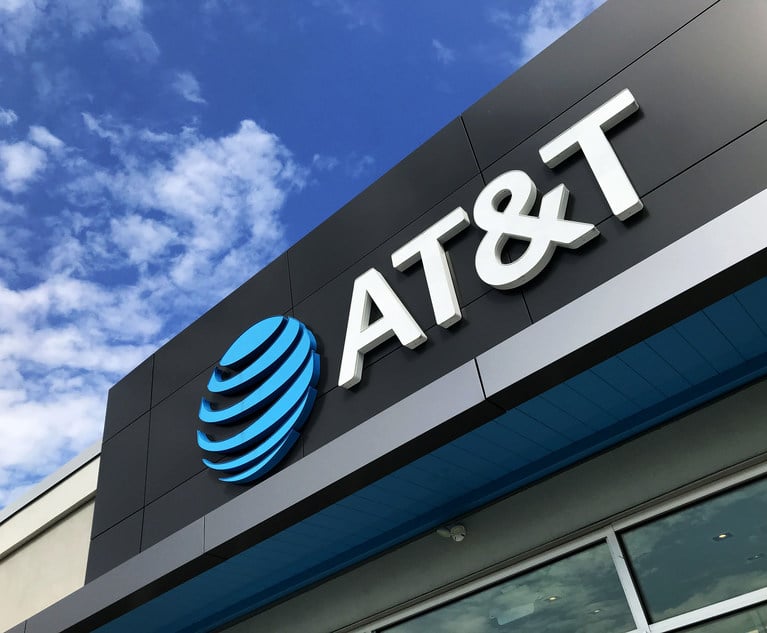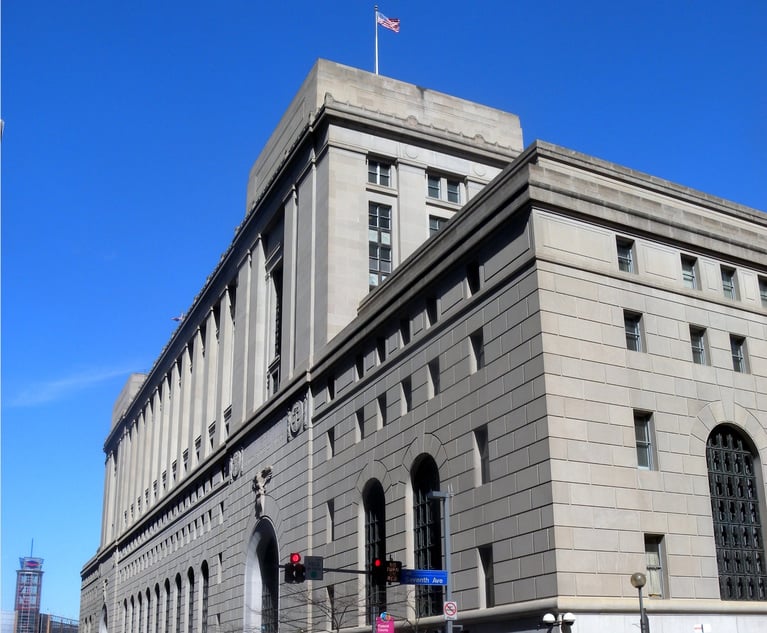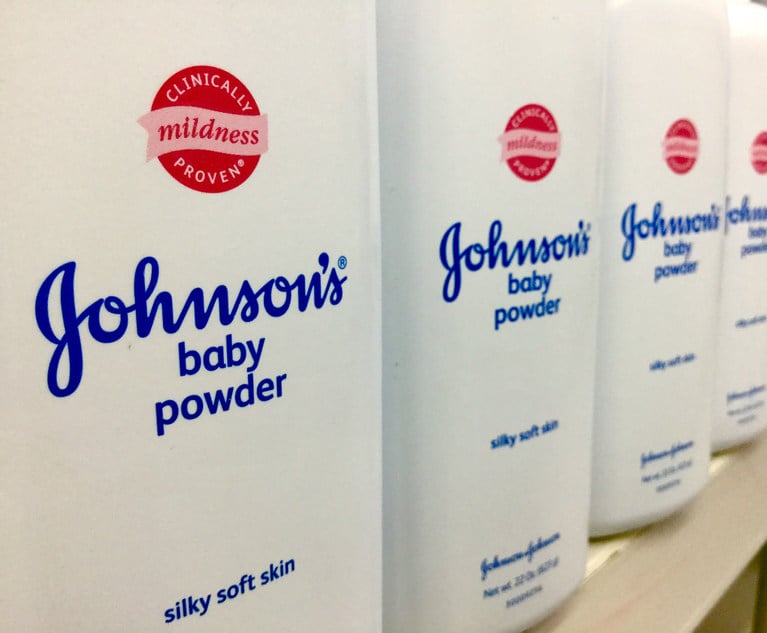Welcome to Critical Mass, Law.com’s weekly briefing for class action and mass tort attorneys. Everyone seemed to have something to say about Monday’s $572 million opioid verdict in Oklahoma. Investors whose Burford Capital shares dropped after the Muddy Waters report have filed a class action against the litigation funding firm. Who are the law firms involved in the latest CAFA petitionbefore the U.S. Supreme Court?
Feel free to reach out to me with thoughts or comments. You can email me at [email protected], or follow me on Twitter: @abronstadlaw.
 Judge Thad Balkman speaks during Oklahoma’s case blaming consumer products giant Johnson & Johnson and its subsidiaries for the state’s opioid drug crisis, in Norman, Oklahoma, in July. (AP Photo/Sue Ogrocki, File)
Judge Thad Balkman speaks during Oklahoma’s case blaming consumer products giant Johnson & Johnson and its subsidiaries for the state’s opioid drug crisis, in Norman, Oklahoma, in July. (AP Photo/Sue Ogrocki, File)









